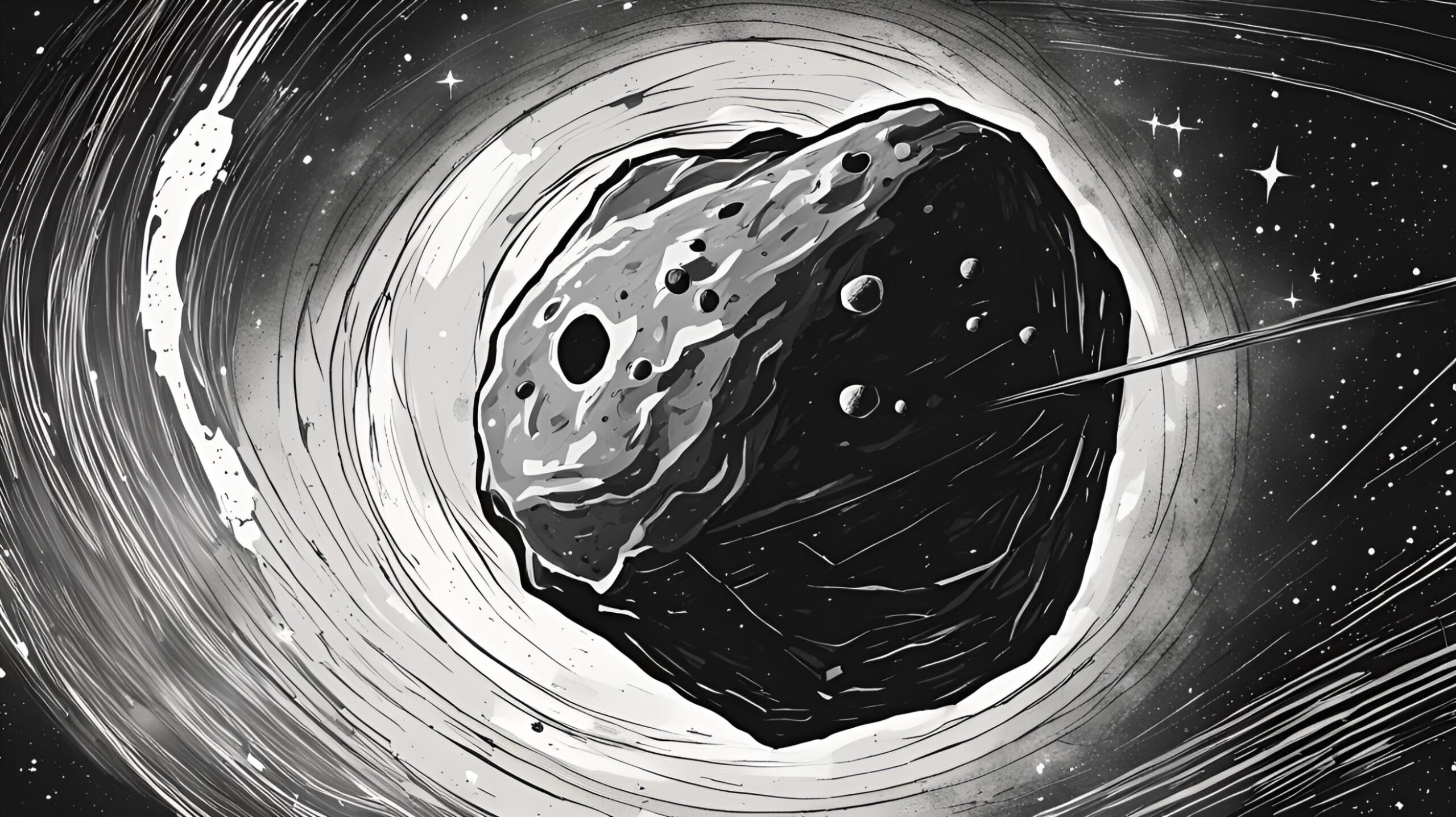Flashback to July 13
American History

On July 13, 1977, New York City experienced a 25-hour blackout that left millions of residents without power. This significant event not only caused disruption and chaos but also had long-lasting effects on the city and its residents. Let’s dive deeper into this historic blackout and uncover its impact.
The blackout began on a hot summer evening when a massive lightning storm hit the city. Lightning struck several key transmission lines, causing them to overload and fail. As a result, more than 9 million people were plunged into darkness and left without basic utilities, including electricity, water, and even communication channels.
During the blackout, the city faced numerous challenges. Widespread looting and vandalism occurred as law enforcement struggled to maintain order. Stores were ransacked, homes were broken into, and fires were set, leading to a sharp rise in crime rates. The lack of streetlights and emergency services made it difficult to keep the peace and protect the citizens.
This blackout also had a severe impact on transportation systems. With no traffic lights functioning, streets became chaotic and dangerous. Most subway systems came to a halt, trapping thousands of commuters underground. Those who were aboveground faced long waits and significant delays. The blackout even affected the air traffic control systems, causing disruptions in flights in and out of the city.
Efforts to restore power were met with numerous challenges due to the sheer scale of the blackout. Utility companies worked tirelessly to repair the damaged transmission lines and restore electricity. However, the task proved to be arduous as some areas experienced sporadic power outages even after the main grid was restored. It took nearly 25 hours for the entire city to regain power fully.
The 1977 blackout had a lasting impact on the city as well. It highlighted the socioeconomic disparities within New York City, particularly affecting lower-income neighborhoods. These areas were hit the hardest and took longer to recover from the consequences of the blackout. The looting and destruction further deepened the divide between different communities, creating tensions that lingered for years.
In response to this event, New York City underwent significant changes. The blackout served as a catalyst for improvements in emergency preparedness and infrastructure. The city invested heavily in upgrading electric systems to prevent overloads and improve reliability. Additionally, New York established task forces and emergency response teams to better handle similar situations in the future.
The blackout of 1977 also had cultural implications. It birthed a sense of community as neighbors came together to support each other during the challenging times. In the darkness, New Yorkers showed resilience, helping their fellow residents and even directing traffic at intersections.
Another cultural phenomenon that emerged from the blackout was the rise of hip-hop. During the blackout, many DJ pioneers took advantage of the power outage and set up their equipment, playing music on the streets. This sparked the birth of block parties and outdoor music events, laying the foundation for the hip-hop movement that would later dominate the music scene.
The 25-hour blackout of 1977 left a significant mark on New York City’s history. Although it was a challenging time for its residents, it ultimately led to positive changes and a sense of unity. Today, the city has learned valuable lessons from this event, ensuring that it is better equipped to handle emergencies and ensure the well-being of its residents.
We strive for accuracy. If you see something that doesn't look right, click here to contact us!
Sponsored Content

C Torres discovers asteroid…
On July 13, 1972,…

Oscar J Dunn, former…
On July 13, 1868,…

Henry Rowe Schoolcraft discovers…
On July 13, 1832,…

US Democratic National convention…
The US Democratic National…

New York City experiences…
On July 13, 1977,…

Anti-draft mobs lynch blacks…
The "Anti-draft mobs" in…

